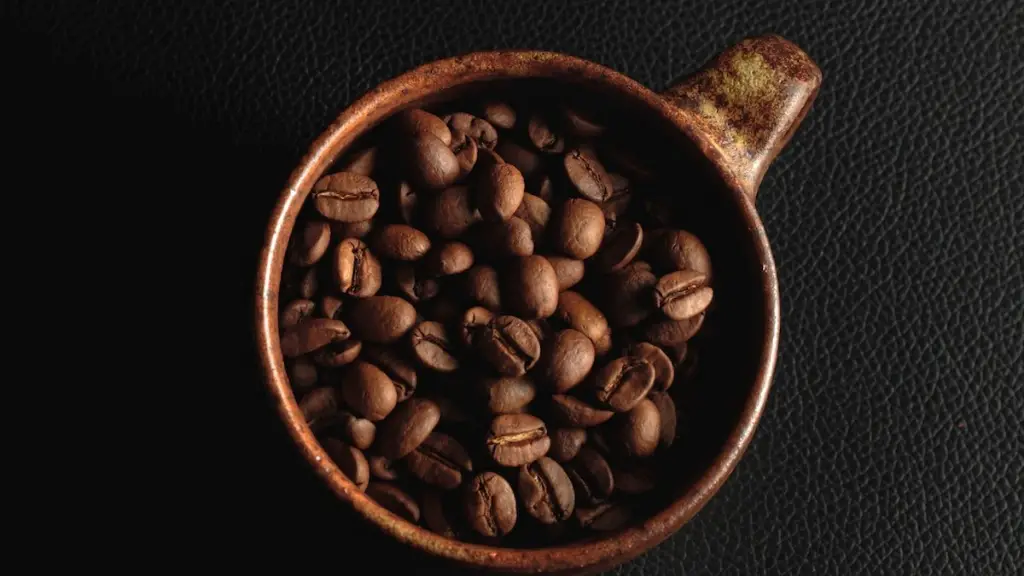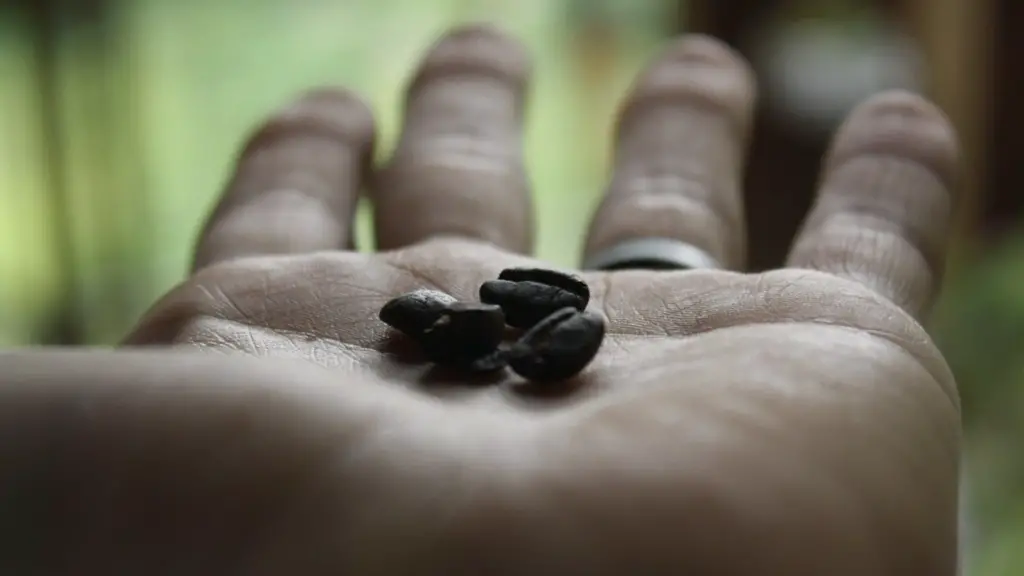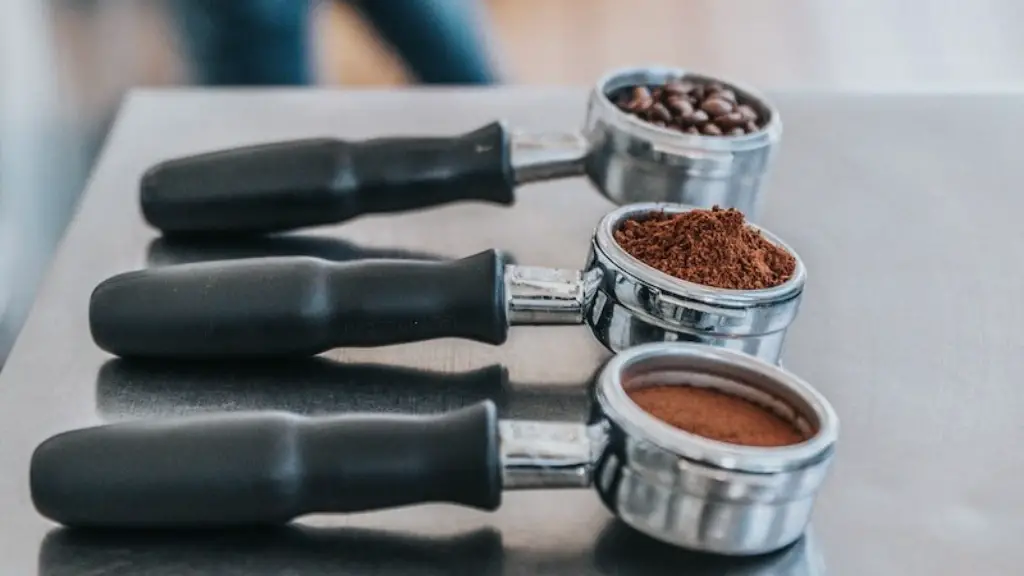Coffee is one of the most consumed beverages around the world, with an estimated two billion cups consumed every day. Many people enjoy the taste and aroma of coffee, along with its energizing effects. But is drinking coffee safe for our health? In this article, we will delve into the potential benefits and risks associated with this popular drink.
A number of studies have linked moderate coffee consumption to reduced risk of certain diseases, such as type 2 diabetes and heart disease. The polyphenols found in coffee have been found to have antioxidant and anti-inflammatory properties, and may be beneficial in reducing the risk of some cancers. Caffeine, a component of coffee, may also help improve mental and physical performance, alertness, and concentration.
Despite its potential health benefits, drinking too much coffee can have undesirable effects. Excessive caffeine intake has been linked to anxiety, restlessness, insomnia, irritability and heart palpitations. Drinking too much coffee can also lead to dehydration, as caffeine is a diuretic. Therefore, it is important to limit the amount of coffee consumed to no more than four cups per day in order to avoid the potential risks.
It is important to realize that each person is unique and may respond differently to coffee. Those who are younger, pregnant, or have certain medical conditions should speak to their doctor before consuming coffee. Additionally, individuals should be mindful of any coffee additives such as cream, sugar, or artificial sweeteners, as these can increase the calorie content of the beverage and should be consumed in moderation.
Types of coffee
There are a variety of coffee types, each with its own flavor and characteristics. Here are some of the most popular types of coffee drinks:
- Espresso: A concentrated shot of robustly flavored coffee.
- Cappuccino: Espresso mixed with steamed and foamed milk.
- Latte: Espresso mixed with steamed milk and a small amount of foam.
- Iced coffee: Brewed coffee that has been chilled.
- Cold brew: Coffee steeped for an extended period of time in cold water.
When choosing a coffee type, it is important to consider how strong the coffee is and how much sugar or cream is added. For example, a latte may have more sugar and calories than a black espresso. Additionally, when choosing an iced coffee, opt for one that uses cold brew to minimize bitterness.
Healthy coffee habit
It is possible to enjoy coffee while still taking care of your health. Here are some tips for developing a healthy coffee habit:
- Limit your daily intake to no more than 4 cups.
- Choose a coffee type that is lower in sugar and calories.
- Avoid adding sugar or other additives.
- Seek advice from your doctor before drinking coffee if you are pregnant or have health conditions.
- Be mindful of when you drink coffee; it may be wise to avoid coffee after 2 pm so as not to interfere with your sleep.
Coffee is an enjoyable and widely consumed beverage, but it should be consumed in moderation. Limit your intake to no more than four cups per day, and be mindful of the type of coffee you choose. By following these guidelines and speaking to your doctor, you can enjoy the potential health benefits of coffee while staying safe.
Organic and Fair Trade coffee
Organic and Fair Trade coffee is becoming increasingly popular among coffee drinkers looking to make a socially responsible and environmentally conscious beverage choice. Coffee marked with the Fair Trade label means that farmers are paid a fair price for their beans, and farmers use natural pesticides and fertilizers when growing organic coffee. Choosing organic or Fair Trade coffee can help support the sustainability movement and ensure that farmers are paid a fair wage for their product.
Organic and Fair Trade coffees can be found in many grocery stores and specialty coffee shops. However, it is important to read the labels carefully to ensure that the coffee is truly organic and Fair Trade. There are also companies that offer organic and Fair Trade certified coffees, such as Cafe Cadence and Equal Exchange, which offer a wide selection of flavors that cater to all tastes.
Though organic and Fair Trade coffees often come at a premium price, the extra cost can be worth the investment. By supporting sustainable farming practices, consumers can ensure that farmers are properly compensated for their hard work and that their coffee is grown in an environmentally responsible manner.
Decaffeinated coffee
Decaffeinated coffee is another option for those looking to enjoy the flavor of coffee without the stimulating effects of caffeine. Decaffeinated coffee is processed to remove most of the caffeine from the beans, leaving only a small amount, usually less than 2 percent by weight.
Most decaffeinated coffees use a chemical-free process that is gentle on the beans and leaves minimal trace amounts of chemicals. However, it is important to read the label carefully to ensure that the decaffeination process was indeed chemical-free. Additionally, decaffeinated coffees may still contain a small amount of caffeine, so it is important to consume in moderation.
Decaffeinated coffee is available in both regular and specialty stores, and in a variety of flavors. It is an excellent option for those looking to enjoy the taste of coffee without the stimulating effects of caffeine.
Coffee Alternatives
For those looking for an alternative to coffee, there are many options available. Herbal teas such as chamomile and green tea have a naturally slightly sweet, earthy taste and are rich in antioxidants. Additionally, they are typically low in caffeine, so they can be consumed in larger quantities without the risk of a caffeine overload.
Drinking unsweetened nut milks such as almond, cashew or hazelnut milk can provide some of the flavor associated with coffee without the caffeine. Stir in some natural sweeteners such as honey or maple syrup to add a hint of sweetness. Soy milk is also a great alternative, as it provides a protein boost and is low in calories.
Smoothies can also be an excellent alternative to coffee. Start with one of the nut milks mentioned above, and add some fresh or frozen fruit for sweetness and flavor. You can also add some rolled oats or chia seeds for an extra nutrient boost.
For those wanting to kick their coffee habit, there are many alternatives available. Herbal teas, nut milks, and smoothies provide a delicious and nutritious alternative to coffee and can help kick-start your journey to healthier habits.
Coffee substitutes
In addition to coffee alternatives, there are coffee substitutes available for those who want to reduce the amount of caffeine in their routine. Chicory coffee is a popular coffee substitute made from the roots of the chicory plant that has a similar flavor and aroma to coffee. It is rich in inulin, a prebiotic dietary fiber that may improve digestive health.
Dandelion coffee is a caffeine-free alternative to coffee, made from the roasted roots of the dandelion plant. It has a slightly bitter taste and is rich in antioxidants and minerals. Roasted barley and rye coffee is made from barley and rye grains, and has a slightly sweet, nutty taste.
In addition to these options, there are many blends of coffee and coffee substitutes available. These blends can be found at grocery stores and specialty shops, and may provide a milder taste and less caffeine than regular coffee.
Coffee substitutes are a great way to enjoy the flavor and aroma of coffee without the caffeine. Try out different blends and experiment to find one that you like best.





